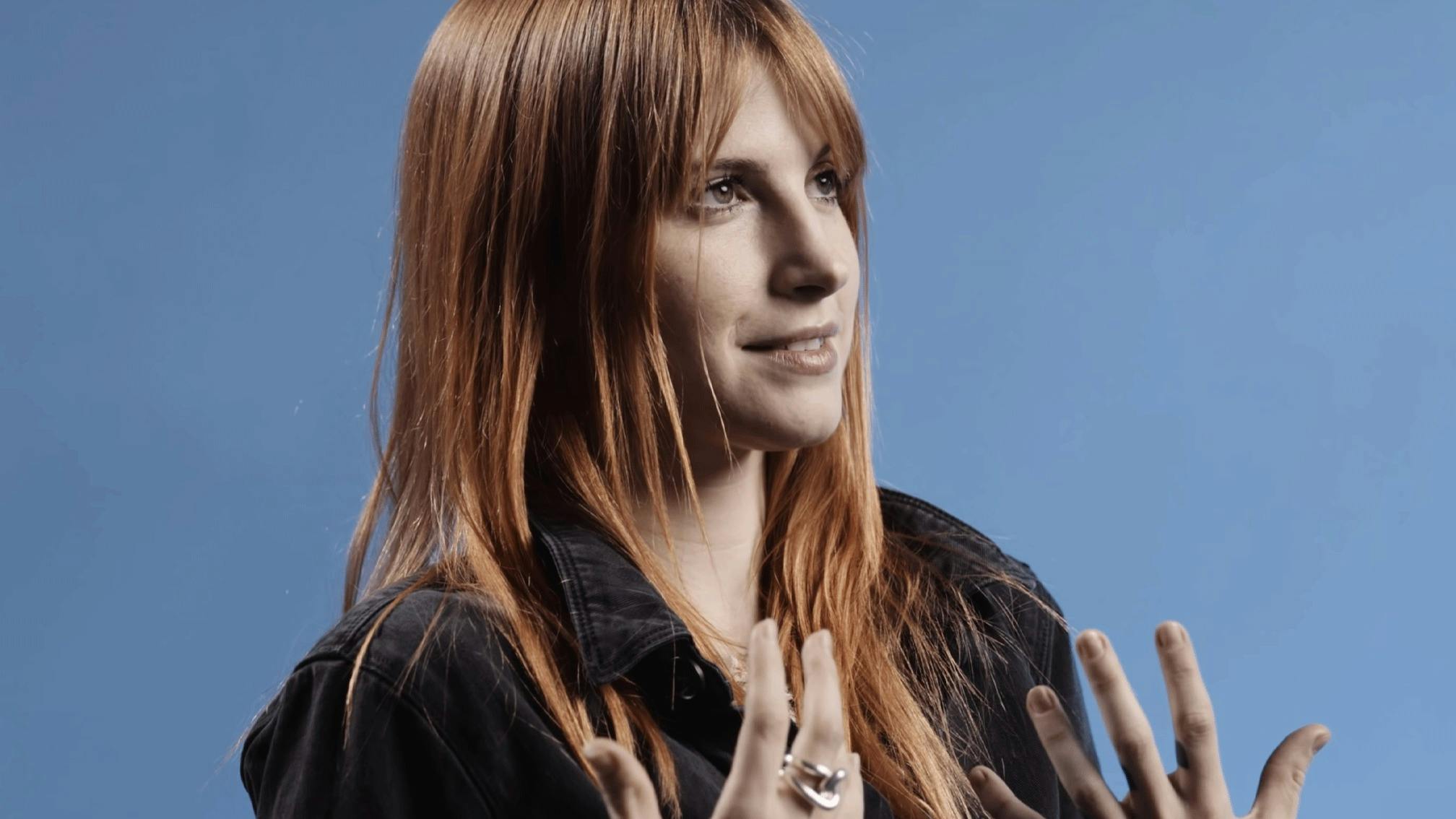Back in 2018, Shirley experienced another turning point. She was asked to speak alongside trans black activist Ashlee Marie Preston and sex educator Ericka Hart at an intersectional feminism event and was, essentially, educated herself.
“Both these women are phenomenal powerhouses and they have great minds, agile minds, and they really took me to school. And they were very gentle with me, I have to say, but I was mortified at my ignorance, regarding systemic racism and a whole gamut of things. I determined then I had to educate myself about the black experience that I knew nothing about.”
In these situations, it is often the case that white people get defensive and shut down. “I too had a flare up of defensiveness, but I knew deep down, you don't feel your ears burning for no reason.” Her education involved reading Patrisse Cullors and Asha Bandele’s When They Call You A Terrorist: A Black Lives Matter Memoir and James Baldwin, Maya Angelou and Alice Walker. It was watching The 13th, the documentary by Ava DuVernay. It was learning about the murder of Trayvon Martin and the murders of other black people at white hands, the hands of police.
This drive to self-educate didn’t fizzle out after a brief spell. “I've spent 54 years, or 50 years, being an ignorant, white privileged woman in the world. And I've got a lot to learn, and I look forward to learning more,” Shirley says. Feelings of sadness and shame were mixed with an understanding that she was being compliant in ignoring black suffering, as she was trained and expected to. “We're conditioned to not look, because once you start looking, you can't turn away, unless you're a monster or a devil.”
The year 2018 was also when the band started writing for the album, though Shirley says there was no intention for this to be a political record. “Nothing's premeditated, and nothing is planned,” she reveals of when the band get together to write an album. It’s a process of them coming together and simply writing in the moment, with Shirley responding to the music the rest of the band provide. It just happened that it coincided with this reckoning in her personal life: “I just allowed who I was in my private life to come out into the record, all the preoccupations at that time, dripped out onto this record, simply because I didn't put up a barrier.”









